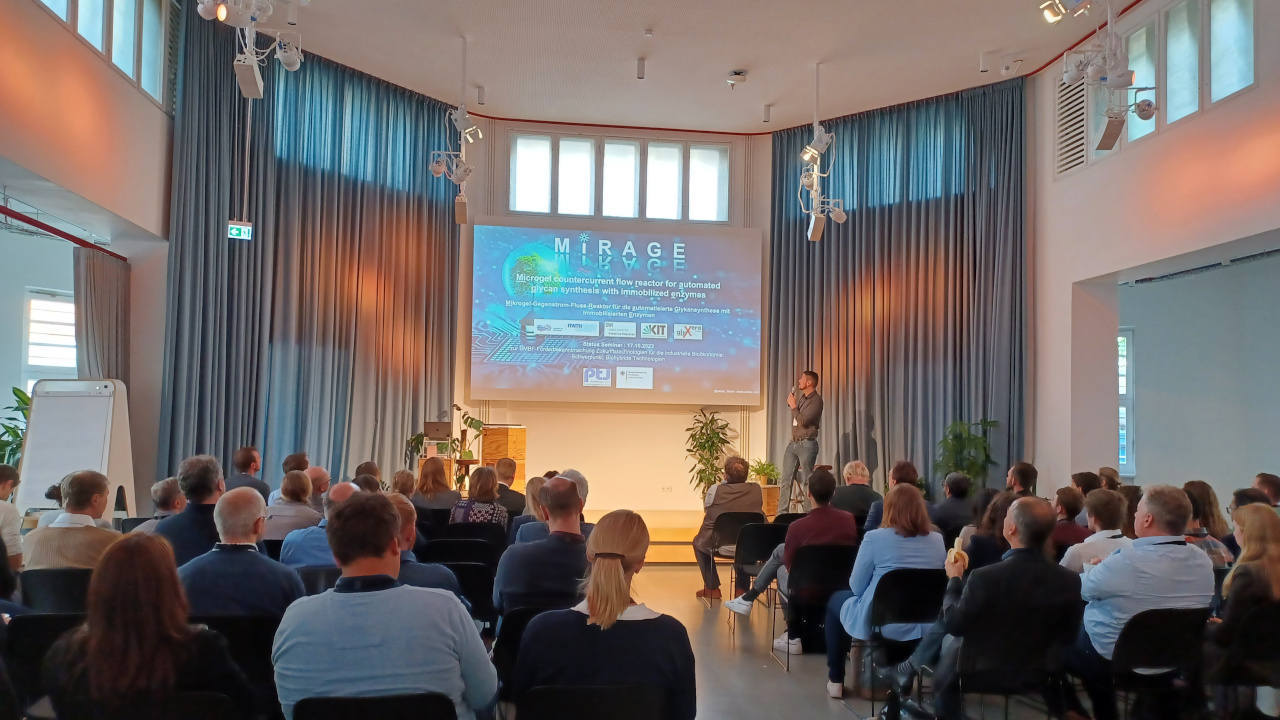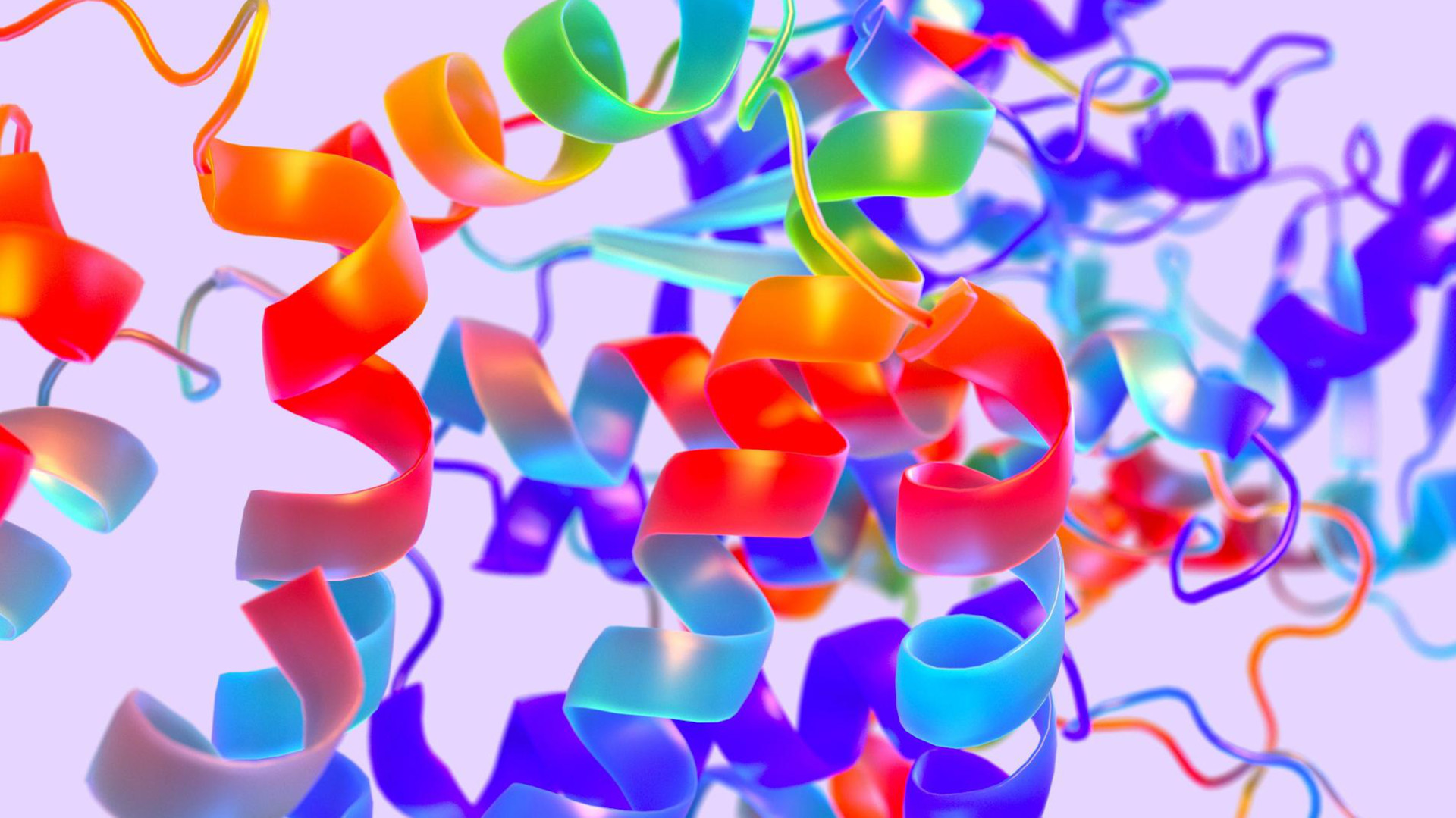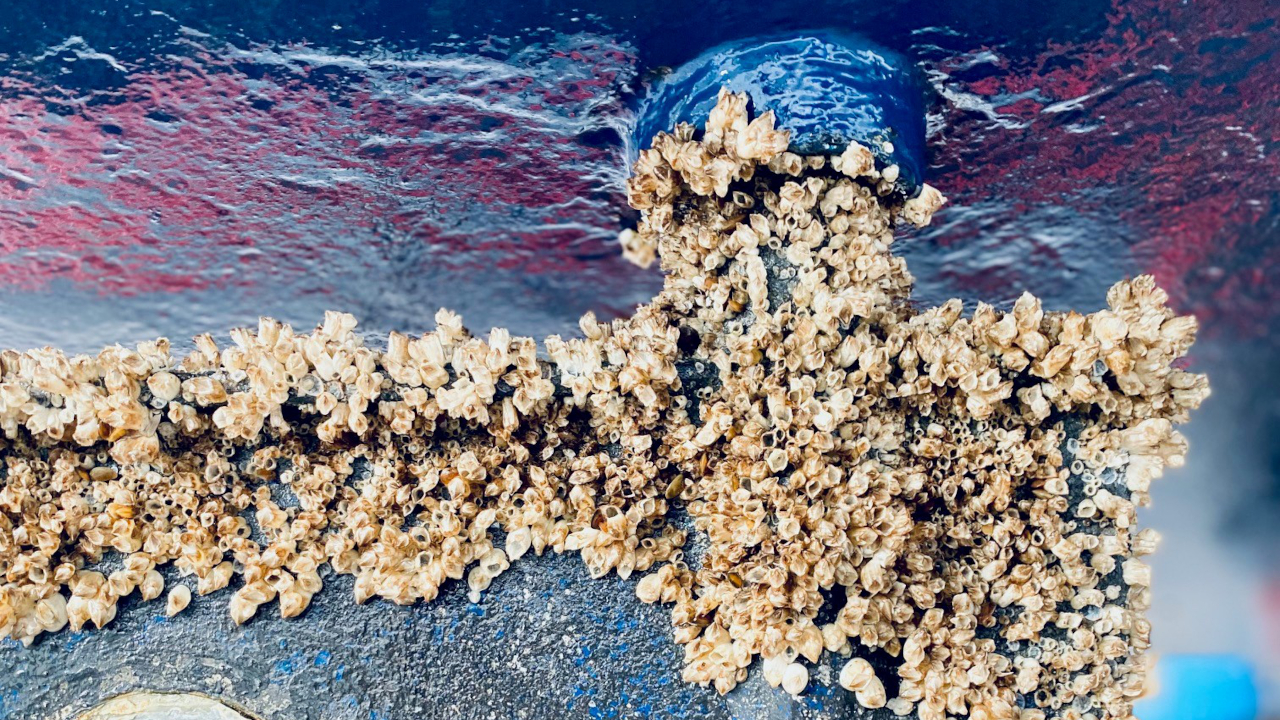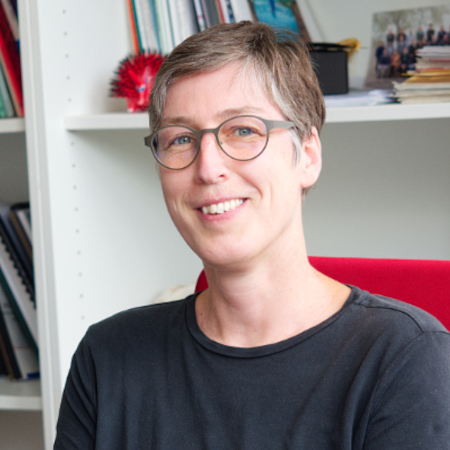Berlin: Future technologies for the industrial bioeconomy
At a status seminar organised by the BMBF funding programme "Future Technologies for the Industrial Bioeconomy", research associations presented their diverse approaches to developing biohybrid technologies.

As part of its bioeconomy research funding programme, the Federal Ministry of Education and Research (BMBF) aims to combine biotechnology with other promising future fields. These include artificial intelligence, robotics, nanotechnology, computer science and engineering. This is because innovations and disruptive developments are increasingly emerging at the boundaries between disciplines. This is why the BMBF launched the „Future technologies for the industrial bioeconomy” funding programme in 2020, which focuses on biohybrid technologies.
On 17 October 2023, around 70 stakeholders from the research networks of the funding measure supervised by Project Management Jülich (PtJ) met for the status seminar at the Spielfeld Digital Hub in Berlin-Kreuzberg. The information platform bioökonomie.de organised the event together with PtJ.
Diverse approaches for biohybrid technologies
At the status seminar, the nine consortia presented their results and took the opportunity to network across disciplinary boundaries. In their projects, the groups combine different areas of expertise in interdisciplinary research consortia. During the status seminar, they showed how diverse the contribution of biohybrid technologies can be to a resource-efficient, climate-neutral industry – from new biocatalytic processes and biosensors to recycling approaches. Among the projects presenting themselves in Berlin with talks and posters were electraDetouch, PepTigth and SynHydro3, which we have already presented in more detail on bioökonomie.de.
Applying biological functionalities to materials
The Competence Centre for the Biological Transformation of Materials Science and Production Technology, Bio4MatPro for short, was also involved. The innovation network pools the expertise of companies and research partners in order to develop high-quality products by applying biological functionalities and bio-inspired principles in and on materials. Bio4MatPro is part of the bioeconomy model region in the Rhenish mining area.
PtJ/pg


